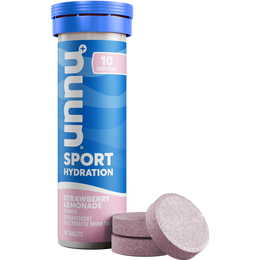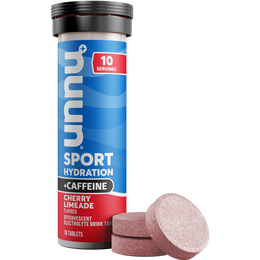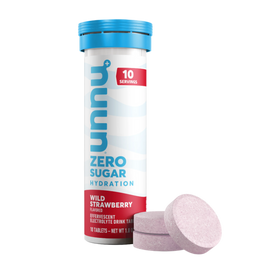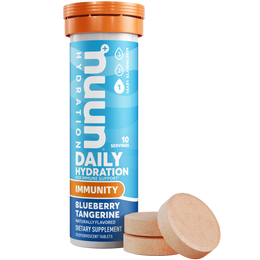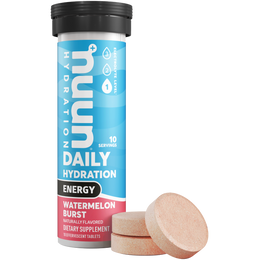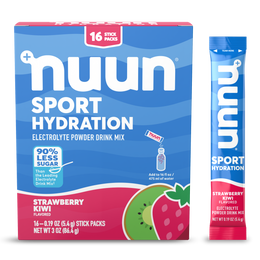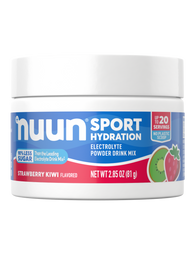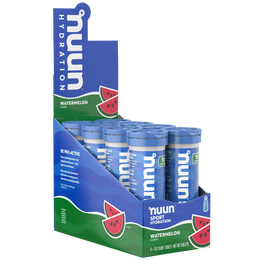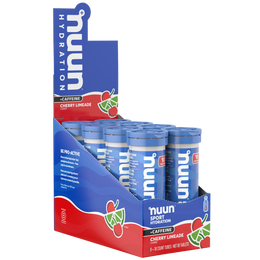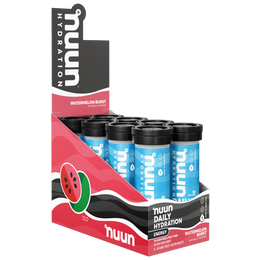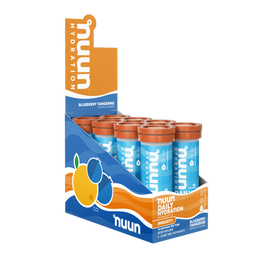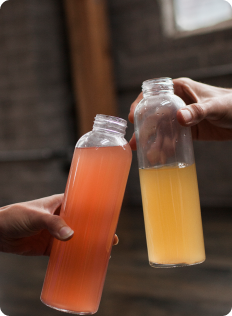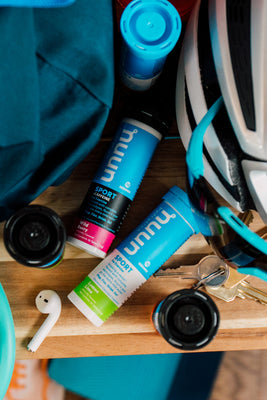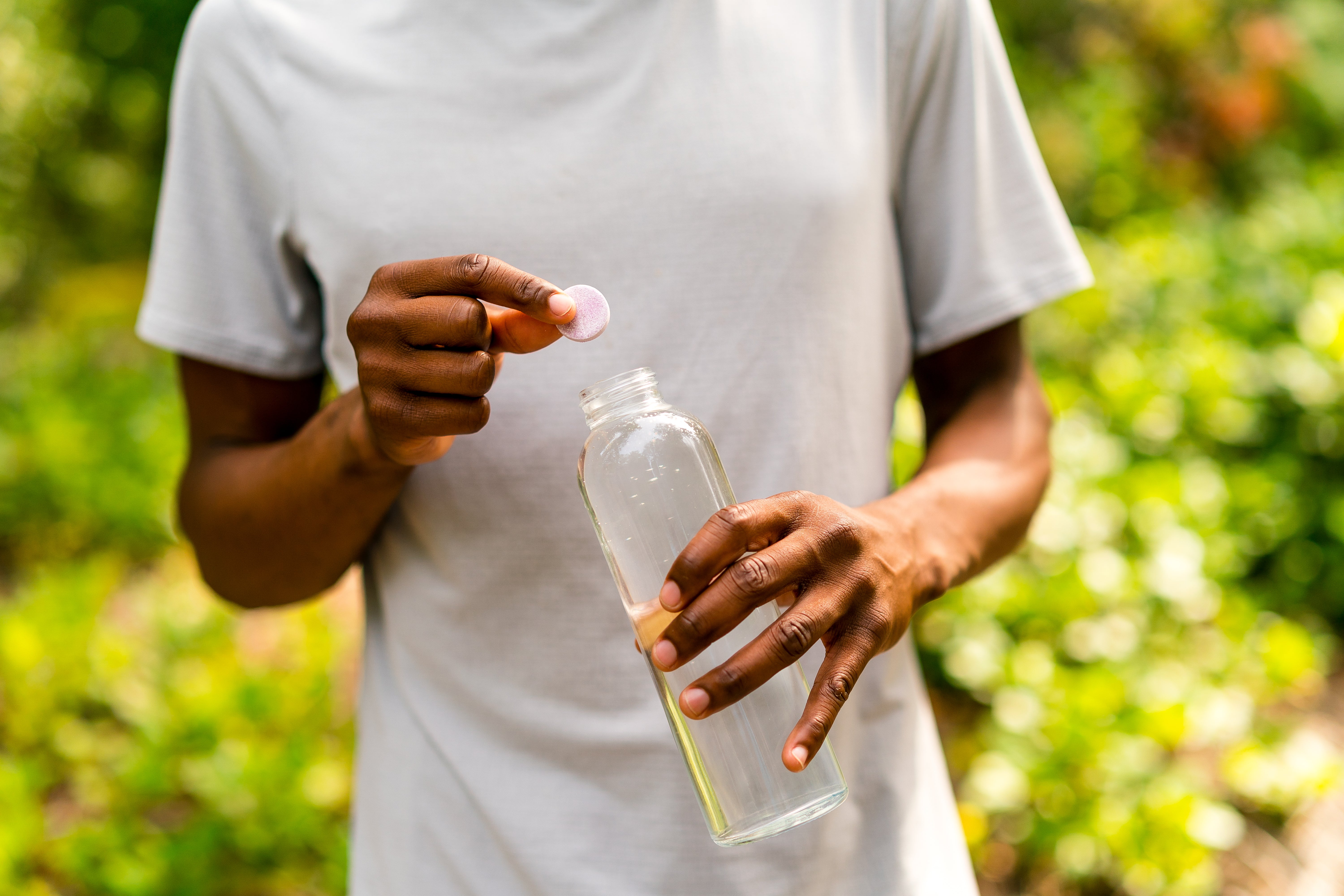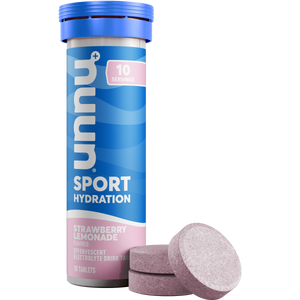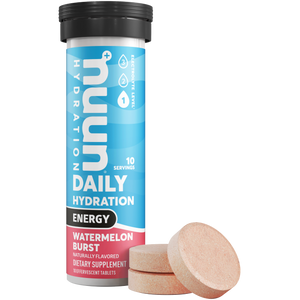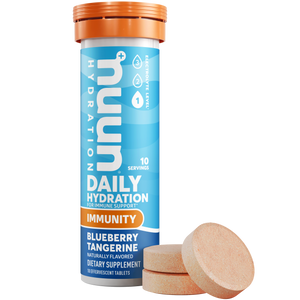When you think about the effects of exercise, you probably think about muscles, sweat, maybe even hitting a new PR. But there’s another part of your body that reaps the benefits of exercise: your mind.
That’s because living a healthy, active life isn’t just about physical gains or endurance—mental wellness is a huge part of the equation. We all have moments of stress, low energy, or emotional fatigue, even when we’re taking care of our bodies. Fortunately, there are proven benefits to physical exercise and mental health: regular activity has been shown to help reduce symptoms of depression, anxiety, and stress.
Explore the link between fitness and mental health and how every bit of motion counts.
How Does Exercise Improve Mental Health?
Despite eating well, staying hydrated, and keeping an active schedule, many people still struggle with issues such as anxiety, lack of motivation, or feelings of burnout. Unlike our physical health, mental health isn’t always “visible” to others or even ourselves.
This is where exercise can help! When you move your body, your brain lights up. Physical activity releases feel-good chemicals like serotonin and endorphins—brain chemicals that can improve your mood and sense of well-being while reducing symptoms of depression and anxiety.i Studies have also shown that physical exercise leads to improved sleep—and when we get quality sleep, we enjoy innumerable benefits such as improved mood, cognitive skills, and immune systems.ii
When you’re working out, meeting exercise goals or challenges, even small ones, can boost your self-confidence.i Participating in team sports like soccer or shared activities like bouldering also creates opportunities for social interaction, especially when you’re supporting (or being supported by) like-minded people with similar goals as you—like winning! i
In addition, exercise allows you to think about something else instead of worrying—which gives you some mental distance from the cycle of negative thoughts that feed depression and anxiety.i Ultimately, physical exercise is a healthy way to cope with the moments that might bring you down, especially when compared to alcohol or illegal substances or dwelling on how you feel.i
What Defines Physical Exercise, and How Much Do I Need?
The recommended amount of physical activity per week varies by age and other factors. According to the Centers for Disease Control, adults from 18-64 years should get at least 150 minutes a week of moderate activity.iii This might sound like a lot—but it can be split up into as little as 30 minutes per day, for five days a week.
It can also be hard to find the motivation to begin a new sport or exercise routine. However, you don’t need to run a marathon or lift weights to feel the mental health benefits of exercise. A brisk walk, a short yoga flow, or even dancing around your kitchen counts. Find ways to add small amounts of physical activity throughout your day, such as taking the stairs instead of the elevator, fitting in a short walk on your lunch break, or biking instead of driving for errands.i Physical exercise isn’t always about the intensity—it’s about the consistency and the joy you find in it.
So, Is Exercising a Solution to Mental Health Problems?
Exercising can work towards improving your mental health, but it’s not the only resource out there. Therapy, meditation, and healthy habits can also help you feel better. Speaking to a professional who’s trained in mental health is one of the best ways to boost your wellbeing and give you an outlet to share what’s on your mind.
Why Hydration Matters in Physical Exercise
Take the feel-good energy of physical exercise even further with proactive hydration. When your body is even slightly dehydrated, it can affect your mood, memory, and ability to focus. No matter what activity you’re currently doing, a well-hydrated body performs better, recovers faster, and keeps you moving strong.
When you’re fueling your movement with water and electrolytes, you’re doing more than just replenishing lost fluids. You’re also supporting mental clarity and overall wellness.
Develop Your Fitness Journey with Muuv
Muuv is Nuun’s free training program designed to help beginners build a consistent fitness routine in a fun, approachable way, balancing guidance, support, and community.
When you join a Muuv with Nuun program, you’ll receive weekly emails with step-by-step training instructions and video demonstrations. Whether you’re brand new to working out or getting back into movement after a break, Muuv meets you where you are and guides you toward progress—emphasizing flexibility, encouragement, and hydration-focused fitness. Best of all, Muuv with Nuun aims to make these fitness adventures accessible. These programs are completely free, with no obligation to purchase equipment or products.
Explore Muuv with Nuun and discover a fun and judgment-free way to start your fitness journey. Because when you move your body and hydrate your mind, you’re not just working out—you’re working toward a happier, healthier you.
References:
